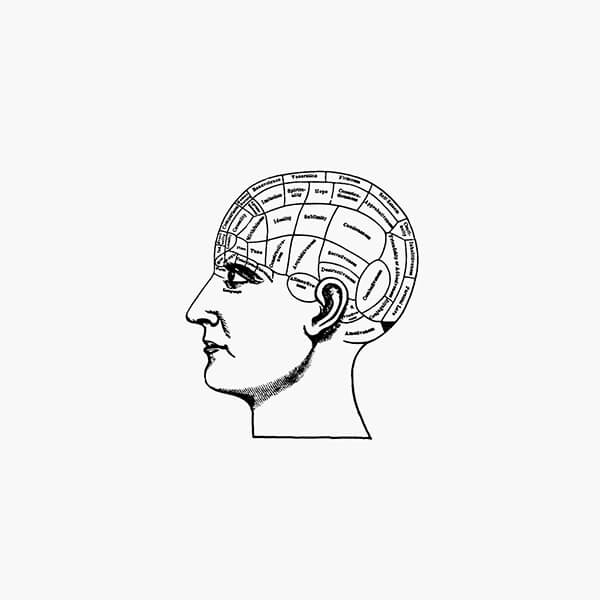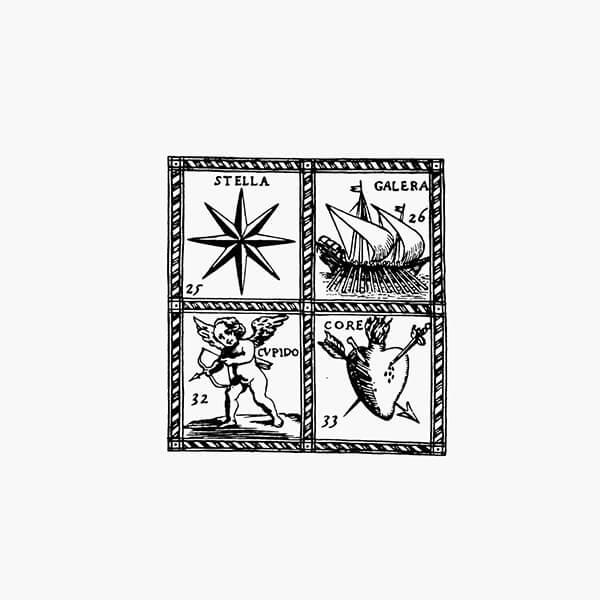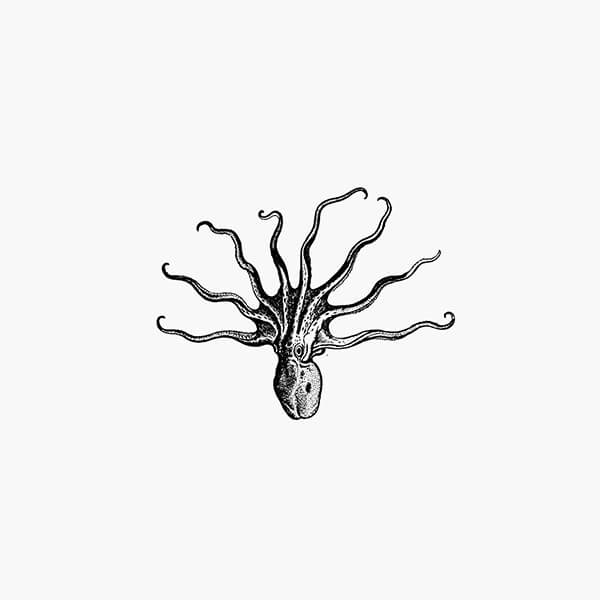



























Library of Babel
10364 Le Mille e una Notte secondo Galland
Antoine Galland. Edited and with an introduction by Jorge Luis Borges
1981 I ed. .
Language: Italian
In The Book of One Thousand and One Nights, the concept of the Orient seems to be encrypted in this sample of Galland’s translation, stimulating without satiating the readers’ curiosity, leaving them the pleasure of discovering the book in its entirety.
At first glance, The Thousand and One Nights suggests an unbounded use of imagination; however, as soon as we explore this labyrinth, we discover that, like in other occurrences it is not a mere careless chaos, an orgy of the imagination. The dream has its own rules: it has an abundance of symmetries; repetitions of the number three; mutilations; the metamorphosis of human bodies into animals; the beauty of princesses: the pomp of kings; magical talismans; omnipotent genies who are slaves to a man’s whim. These recurrent patterns form the plot and constitute the personal style of this great collective, quintessentially impersonal work. We can safely affirm that there are two forms of time: historical time, in which our destiny is woven; and the time of the Thousand and One Nights. Despite accidents and misfortunes, metamorphoses, and demons, Sheherazade’s copious amount of time leaves us with a flavour that is no less rare in books than in life. The taste of happiness. It abounds in fables and tales. But what matters is not the moral. It abounds in cruelty and eroticisms, but which bear the innocence of unfinished forms as seen in a mirror.